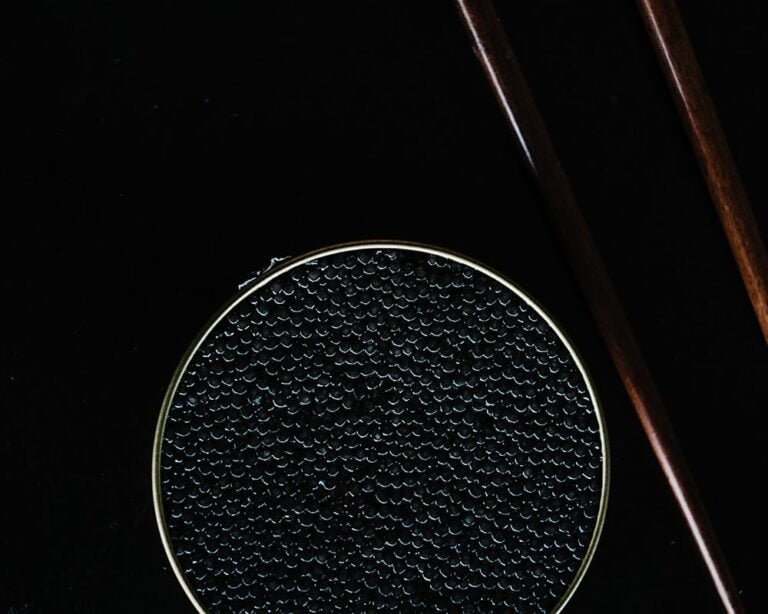laid comme un pou
The French saying “laid comme un pou” translates literally as “(as) ugly as a louse.” It means “very ugly.”
This idiom dates back to the end of the 18th century. Although there are plenty of other insects that are uglier than a louse, which is responsible for head lice infestations, the effects of this insect (transmission of diseases and infectiousness among friends and family) are what make it regarded as ugly.
Equivalent English expressions include “like the back end of a bus,” “butt-ugly” and “dog-faced.”






